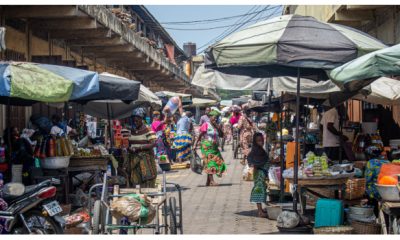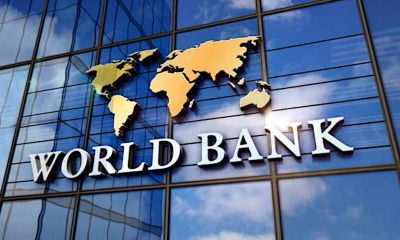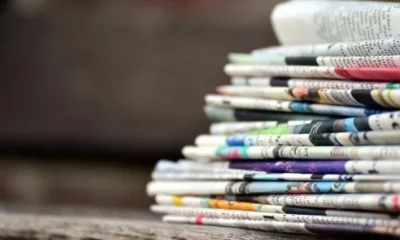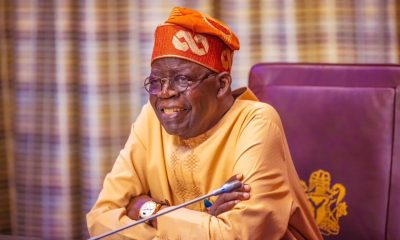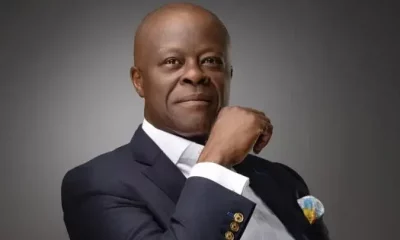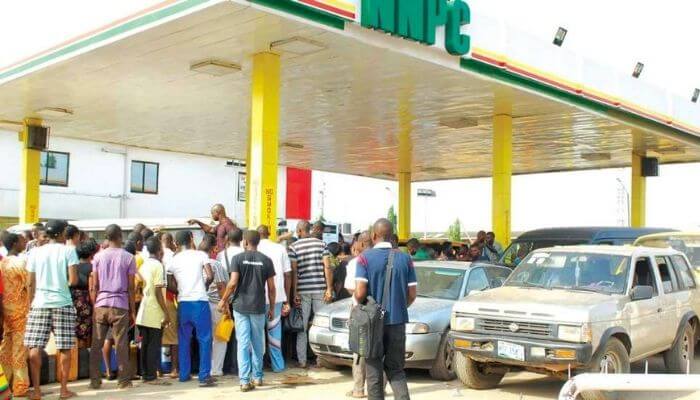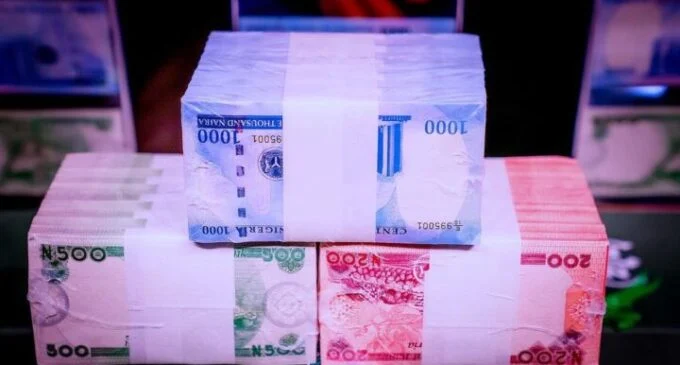The World Bank has predicted that Nigerian Gross Domestic Product will grow by 3.7 per cent in 2025.
The World Bank in its latest report titled “Global Economic Prospect: Subdued Growth, Multiple Challenges”, projected that the African largest economy will improve by 3.3 per cent up from a projected 2.9 per cent for 2023.
The report stated, “Growth in Nigeria is projected at 3.3 per cent this year and 3.7 percent in 2025—up 0.3 and 0.6 percentage points, respectively, since June—as macro-fiscal reforms gradually bear fruit.
“The baseline forecast implies that per capita income will reach its pre-pandemic level only in 2025.”
The Washington-based bank attributed the momentum to the gradual realisation of the current macro-fiscal reforms.
Since the assumption of office by President Bola Tinubu, he has initiated some reforms, which include the removal of fuel subsidies and foreign exchange rate harmonisation, with a focus on infrastructure development, manufacturing, and technology.
The multilateral bank said that the country’s economic growth will be driven by agriculture, construction, services, and trade.
According to the 2023 State of Global Food and Nutrition Security, the number of Nigerians facing food insecurity has increased by 133 per cent in three years. The figure surged from 63.8 million people between 2014 and 2016 to 148.7 million people between 2020 and 2022.
“Inflation should gradually ease as the effects of last year’s exchange rate reforms and removal of fuel subsidies fade. These structural reforms are expected to boost fiscal revenue over the forecast period,” the World Bank declared.
It acknowledged that the Nigerian economy softened to an estimated 2.9 per cent in 2023 due to the disruptive currency demonetisation policy, which involved replacing old high-denomination naira notes.
“Growth in the region’s three largest economies—Nigeria, South Africa, and Angola—slowed to an average of 1.8 percent last year, holding back the region’s overall growth.
“In the region’s other countries, growth softened to 3.9 per cent, partly reflecting a sharp decline in metal exporters’ growth alongside lower global metal prices. Moreover, intense and prolonged conflicts hampered growth in several countries.
“More broadly, post-pandemic recoveries were slowed by weakening external demand and domestic policy tightening to address persistent inflation,” it remarked.
Nigeria’s GDP was N60.66tn as of Q3 of 2023 after growing at 2.54 per cent, according to the National Bureau of Statistics.
The bureau said the growth rate was higher than the 2.25 per cent recorded in Q3 2022 and higher than the second quarter 2023 growth of 2.51 per cent.
However, there were concerns that rising public debt, persistent inflation, high cost of living, and a weak business environment, may continue to pose a downward risk to Nigeria’s growth prospects.
The country’s inflation rose to a 21-year high of 28.92 per cent in December 2023.
Public debt climbed to N87.91trn in the third quarter of 2023, according to data from the Debt Management Office.
The United Nations in its ‘World Economic Situation and Prospects 2024’ report noted that African countries will continue to experience deteriorating fiscal positions against the backdrop of high public debt and a low domestic revenue base in 2023.
“Efforts to increase in-country oil refining capacity would likely reduce domestic fuel costs in 2024 and beyond. Energy subsidy reforms in Nigeria, Angola, and Gambia, as well as tax hikes in Kenya, Ghana, and South Africa, aim to provide the government with some relief from tight fiscal spaces.”

 News3 years ago
News3 years ago
 Entertainment2 years ago
Entertainment2 years ago
 News3 years ago
News3 years ago
 Privacy3 years ago
Privacy3 years ago
 Sports2 years ago
Sports2 years ago
 Entertainment2 years ago
Entertainment2 years ago
 Opinion3 years ago
Opinion3 years ago
 News3 years ago
News3 years ago

